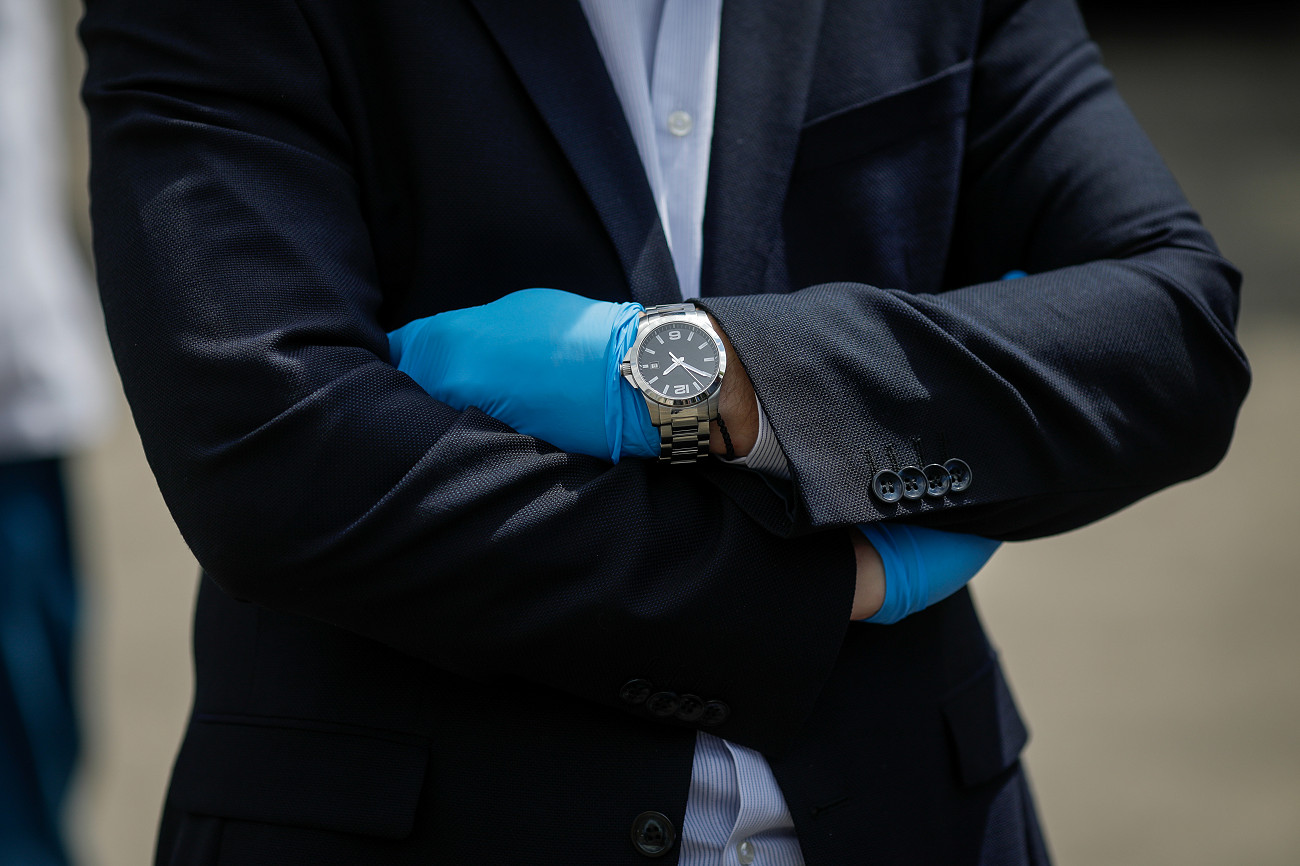This article is an extract from Transmission Private’s monthly newsletter, The Lede, which tracks the world of reputation management for private clients. You can sign up for the newsletter on our website via the tab at the bottom of this article or by completing the form here.
Good morning and welcome to the December issue of The Lede, which examines the legacy of COVID for private wealth. Global Partnership Family Office’s Michael Oliver tells us about shifting risk appetites and the move from wealth preservation to wealth creation, while Mills & Reeve’s Matthew Hansell discusses what families and ultra-high net worths can learn about resilience.
We’ve also got some interesting research for you to mull over the festive period. A Transmission Private poll found that a healthy majority of people – 73% – believe the wealthy should pay a higher share of tax in order to cover the costs of COVID. Only 6% disagreed.
Why does this matter? There’s more than envy at play here. A narrative has taken root that the wealthy are not doing enough to tackle society’s problems. This could not only translate into political pressure for higher taxes, but also affect the ability of individual business owners to attract employees, customers and even business partners.
Aren’t the wealthy actually doing quite a lot to tackle COVID? Yes. The top 1% of UK earners pay 27% of Income Tax, not to mention Capital Gains, Inheritance and, indirectly, Corporation Tax and VAT. And according to the Sunday Times Rich List, the country’s wealthiest residents made £4.3bn in charitable donations in 2020/21, a 36% rise on before the pandemic. That’s not to mention philanthropy via foundations, impact investing and job creation through business operations.
Despite the popular narrative, the wealthy often have a sense of responsibility to do something about wider social issues like COVID, climate change, poverty and social mobility. Many act on this responsibility in profound ways. But that will only help defuse the reputational threat to the wealthy as a group if people know about it.
So what should we do?
- Be open about the good work that you do, whether in philanthropy, impact investing or through business operations. You don’t need to brag to the world (or worse, the media), just don’t hide it either
- Be prepared to politely challenge the perception that the rich aren’t carrying their weight. Zero in on specific causes and examples, rather than getting embroiled in philosophical debates about what the right level of tax or giving is
- Scan for possible threats related to COVID in particular (think staff parties during lockdown…). If there’s any risk at all of hypocrisy, keep quiet
Takeaway... despite individuals often caring very deeply for social welfare, the wealthy as a group are rarely perceived as carrying their weight. It’s therefore important to become comfortable talking about your interests and commitments.

